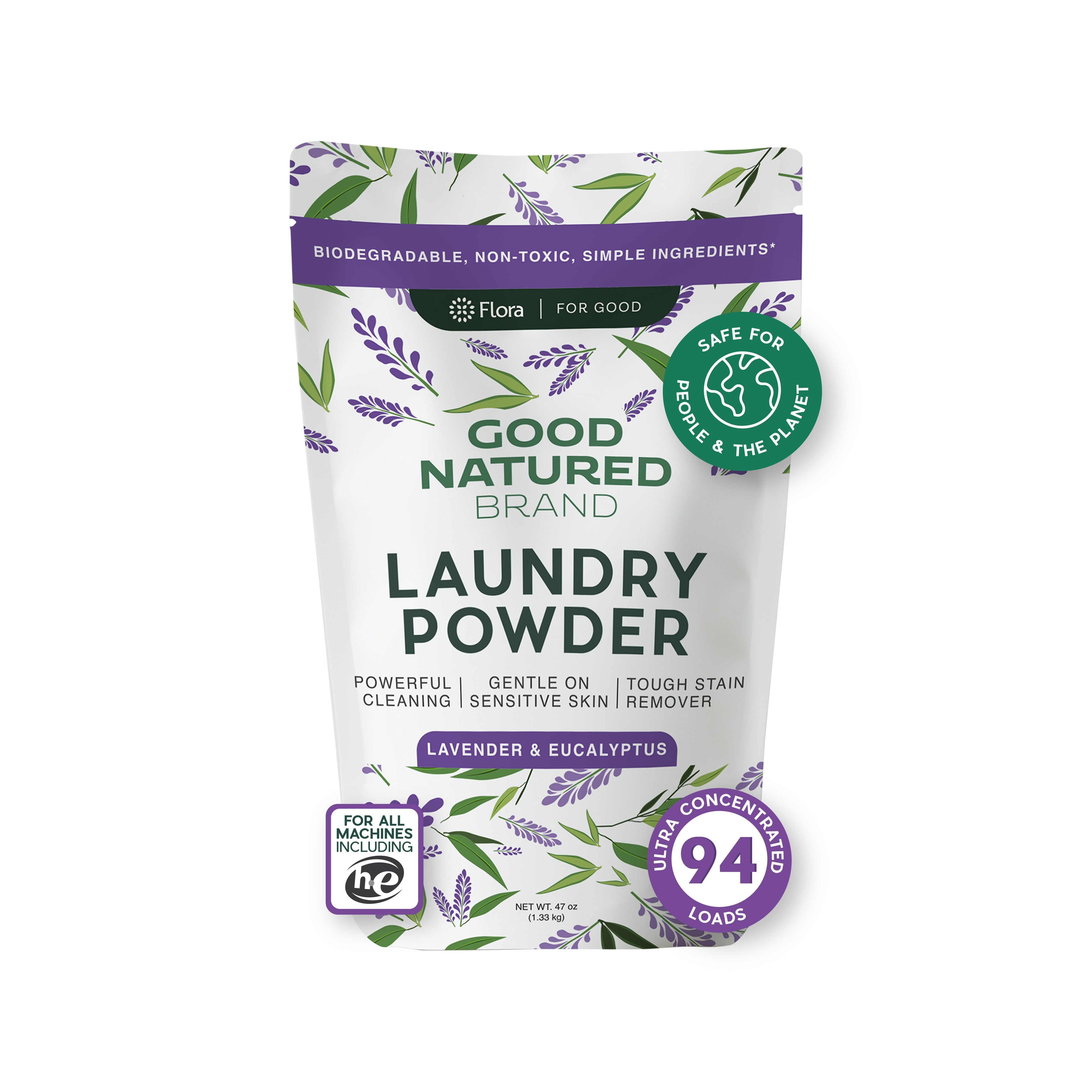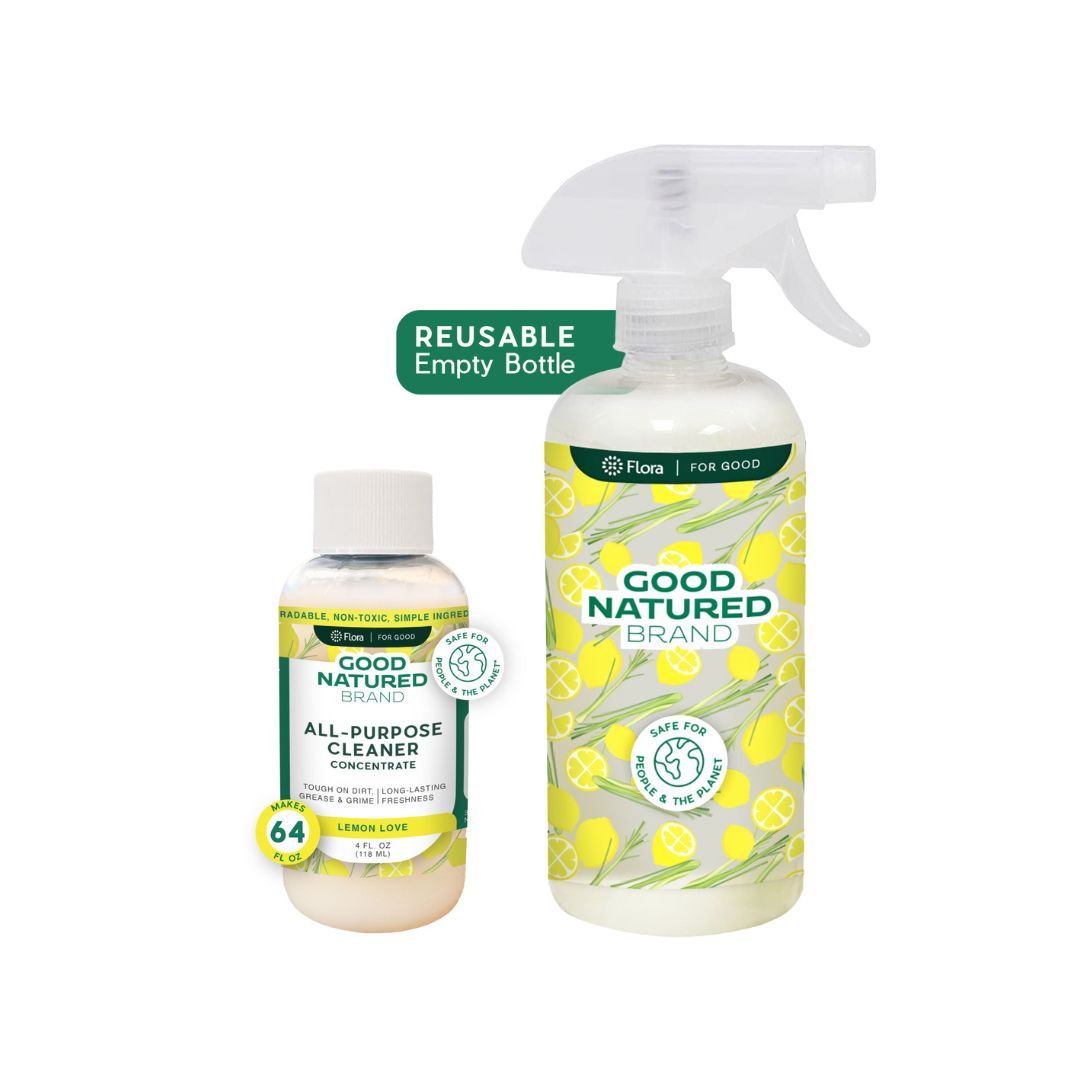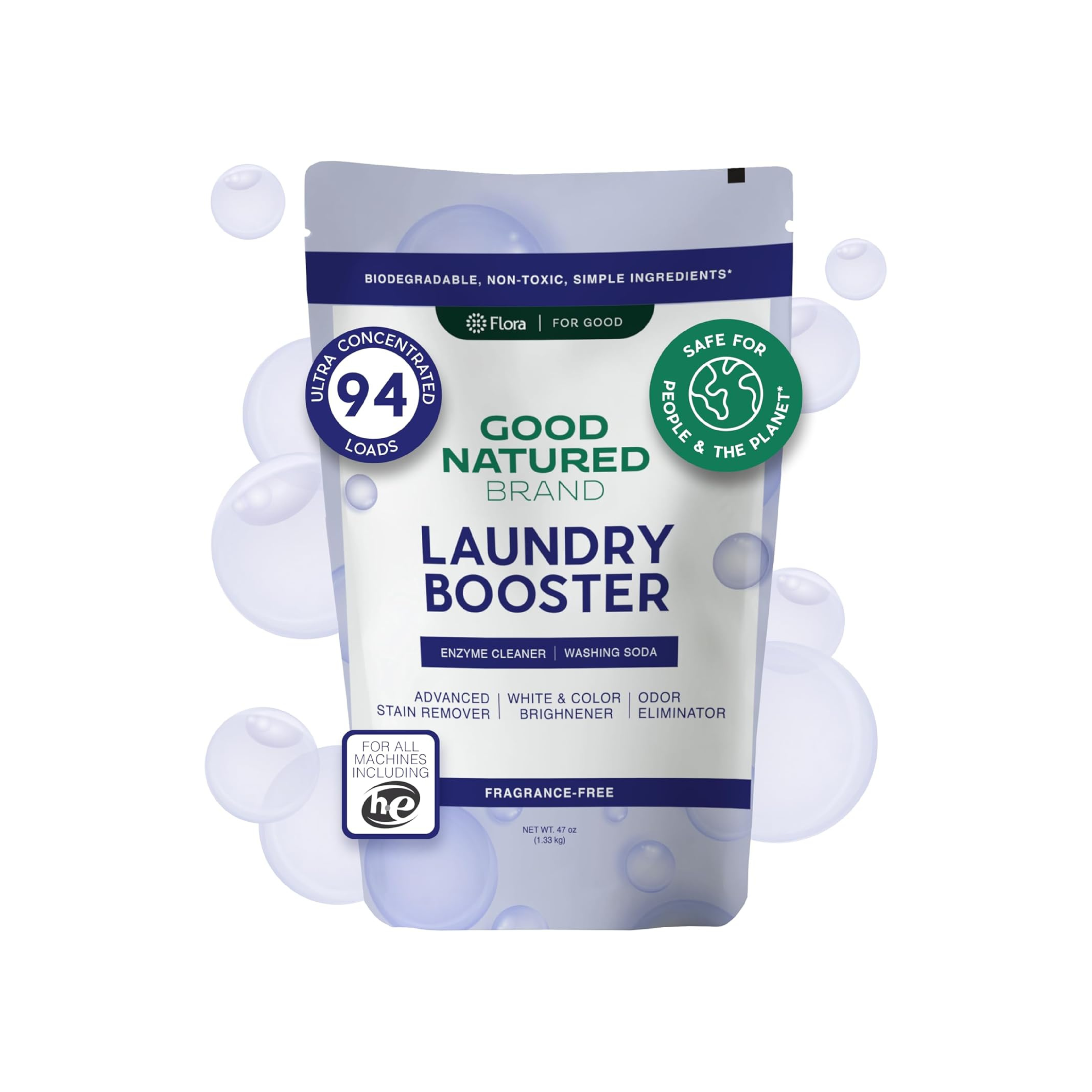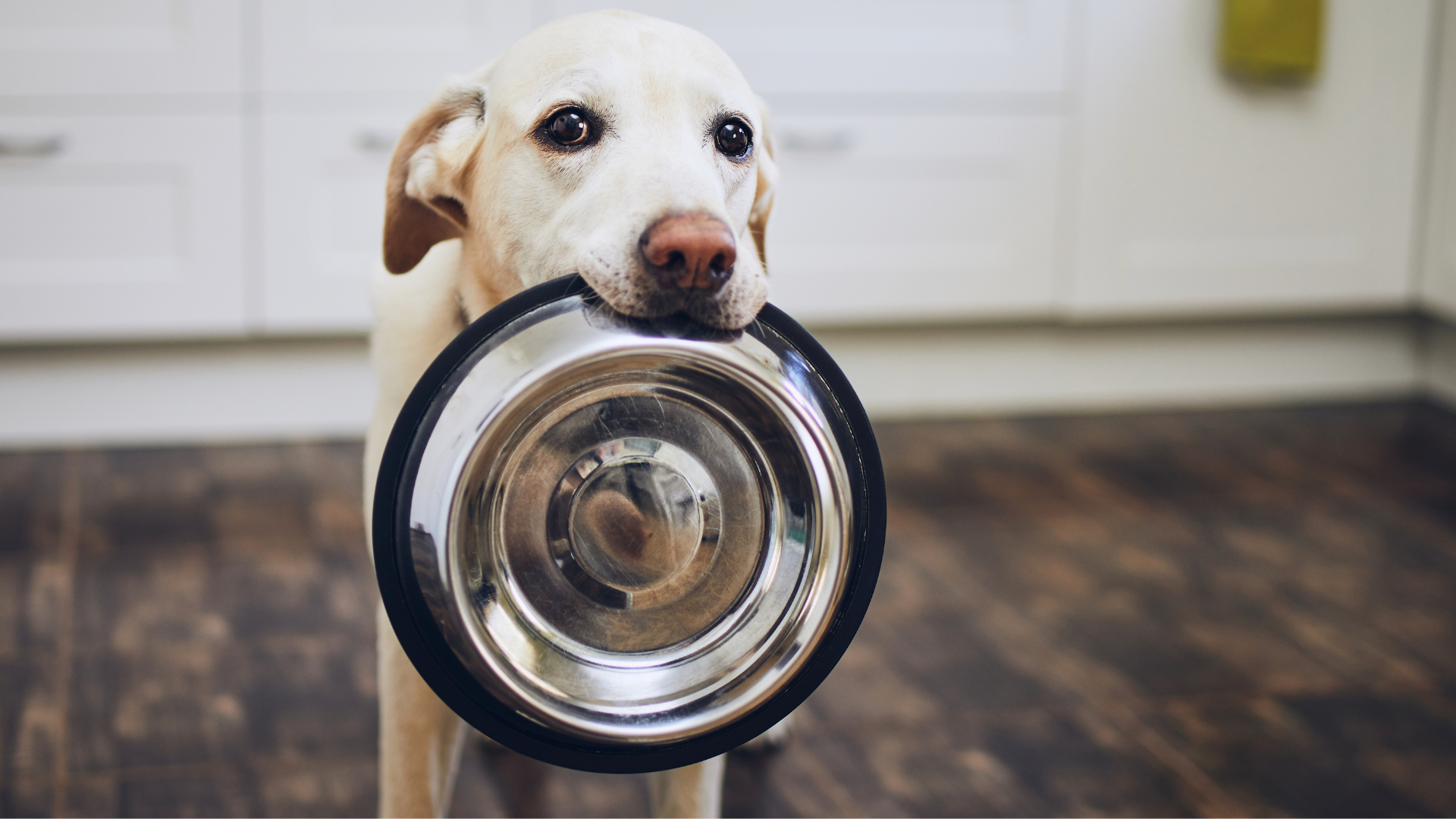Bringing a puppy into your home is an exciting milestone, filled with joy, companionship, and new responsibilities. As a pet owner, you want to ensure that your puppy receives the best possible start in life, and this includes training. However, training your puppy doesn't have to come at the expense of the environment. This guide will provide you with everything you need to know about eco-friendly puppy training, helping you raise a well-behaved dog while making choices that are kind to the planet.
Understanding Eco-Friendly Puppy Training
Eco-friendly puppy training encompasses a variety of methods and practices that prioritize sustainability and the health of your pet. By adopting these practices, you not only contribute positively to the environment but also create a nurturing and healthy atmosphere for your puppy.
The Importance of Positive Reinforcement
Positive reinforcement is a cornerstone of effective puppy training. This method involves rewarding your puppy for good behavior, which encourages them to repeat those actions. This approach is not only humane but also effective in teaching your puppy what is expected of them.
-
Why Positive Reinforcement?
Using treats, praise, and playtime as rewards helps to build a strong bond between you and your puppy. It creates a positive learning environment where your puppy feels safe and motivated to learn. -
Eco-Friendly Treats
When using treats for training, consider opting for homemade or organic dog treats. By making your own dog treats with healthy ingredients like pumpkin or sweet potatoes, you can ensure they are free from harmful additives. This not only benefits your puppy's health but also minimizes your environmental footprint.
Essential Eco-Friendly Training Supplies
To effectively train your puppy, you'll need some essential supplies. Choosing eco-friendly options not only helps the environment but also ensures your puppy's safety and comfort.
-
Collars and Leashes
Look for collars and leashes made from sustainable materials such as organic cotton or recycled nylon. These options are durable and gentle on your puppy's skin, minimizing irritation. -
Training Pads
If you're using training pads for housebreaking, opt for biodegradable options. These will break down more quickly in landfills compared to traditional plastic pads. -
Natural Cleaning Products
Accidents are a part of puppy training, and having a reliable cleaning solution is essential. Use eco-friendly All Purpose Cleaners to clean up messes without exposing your puppy to harmful chemicals. These products are safe for both your dog and the environment.
Creating a Training Schedule
Establishing a training schedule is crucial for effective puppy training. Consistency helps your puppy learn faster and reinforces good behavior.
-
Daily Training Sessions
Short, frequent training sessions (5-10 minutes) are more effective than longer sessions. This keeps your puppy engaged and focused without overwhelming them. -
Incorporate Play
Combine training with playtime to make learning fun. Use toys made from sustainable materials to further enhance the eco-friendly aspect of your training.
Socialization: An Essential Component
Socialization is a vital part of puppy training that helps your dog become well-adjusted and confident. Introduce your puppy to various environments, people, and other animals to foster positive experiences.
-
Eco-Conscious Socialization
Consider visiting local dog parks or community events that promote sustainability. This not only provides socialization opportunities for your puppy but also connects you with other eco-conscious pet owners. -
Monitoring Behavior
Keep a close eye on your puppy during socialization. Use positive reinforcement to encourage good behavior and help them navigate new experiences.
Effective Training Techniques for Your Puppy
Training your puppy requires patience, consistency, and the right techniques. Here are some eco-friendly methods and approaches to ensure successful training.
Positive Reinforcement
Positive reinforcement is one of the most effective training techniques you can use. It involves rewarding your puppy for desired behaviors, which encourages them to repeat those behaviors.
-
Using Eco-Friendly Treats: Choose natural, organic treats that are free from artificial ingredients. Consider making homemade treats using wholesome ingredients like pumpkin or sweet potatoes, which are gentle on your puppy’s stomach.
-
Creating a Reward System: Establish a consistent reward system using treats, praise, or playtime. This method not only strengthens your bond with your puppy but also fosters an enjoyable learning environment.
Clicker Training
Clicker training is another positive reinforcement method that can be particularly effective for teaching commands and tricks.
-
How It Works: A clicker is a small device that makes a distinct sound when pressed. Use the clicker to mark the exact moment your puppy performs the desired behavior, followed by a reward.
-
Choosing a Clicker: Look for clickers made from eco-friendly materials. This reinforces your commitment to sustainability while training your puppy effectively.
Consistency and Routine
Establishing a routine is crucial for puppy training. Puppies thrive on consistency, which helps them understand what is expected from them.
-
Daily Training Sessions: Schedule short training sessions throughout the day, focusing on specific commands or behaviors. Aim for 5-10 minutes per session to keep your puppy engaged without overwhelming them.
-
Eco-Friendly Training Supplies: Use sustainable training gear, such as collars and leashes made from recycled materials. This not only supports your puppy’s training but also aligns with your eco-friendly values.
Socialization: A Key Component of Training
Socialization is vital for your puppy's development. It helps them become well-adjusted, confident dogs that are comfortable in various environments.
Introducing Your Puppy to New Environments
-
Explore Nature: Take your puppy on walks in natural settings, such as parks or trails. This exposure to different smells, sounds, and sights is essential for their development.
-
Participate in Eco-Friendly Events: Look for local dog events or meet-ups that focus on sustainability. These gatherings provide excellent socialization opportunities while connecting you with like-minded pet owners.
Monitoring Behavior
Throughout the socialization process, monitor your puppy’s behavior closely. Ensure they are comfortable and positive during interactions with other dogs and people.
-
Positive Reinforcement During Socialization: When your puppy interacts well with others, use treats or praise to reinforce that behavior. This helps them associate positive experiences with social interactions.
Maintaining a Clean Training Environment
A clean environment is essential for effective puppy training. Not only does it promote hygiene, but it also prevents distractions and helps your puppy focus on learning.
Cleaning Up Accidents
Puppies are bound to have accidents while they are being trained. Here’s how to manage it effectively:
-
Eco-Friendly Cleaning Solutions: Use All Purpose Cleaners that are safe for pets to clean up any messes. These cleaners are effective at breaking down stains and odors without harmful chemicals.
-
Odor Control: After cleaning, consider using Room and Linen Sprays to freshen up your space. They are perfect for ensuring your home smells good while being safe for your puppy.
Regular Maintenance for Your Home
Keeping your home clean also means maintaining the surfaces your puppy interacts with. Here are some tips for regular maintenance:
-
Using Eco-Friendly Carpet Deodorizers: If your puppy spends time on carpets, consider using Carpet Deodorizers to eliminate odors and keep your carpets smelling fresh. Opt for products that use natural ingredients to ensure safety for your pet.
-
Laundry Care: Wash any puppy-related fabrics, such as bedding and toys, using Laundry Powders that are biodegradable and free from harsh chemicals. This maintains cleanliness while being gentle on the environment.
Conclusion
Eco-friendly puppy training is not only beneficial for your puppy but also for the planet. By incorporating positive reinforcement, sustainable training supplies, and effective cleaning methods into your routine, you can create a nurturing environment that supports your puppy’s growth and development.
Stay tuned for more insights and tips on eco-conscious pet ownership in the next section of our guide. With commitment and the right resources, you can successfully train your puppy while making choices that are kind to the environment. Enjoy every moment of this rewarding journey!


















